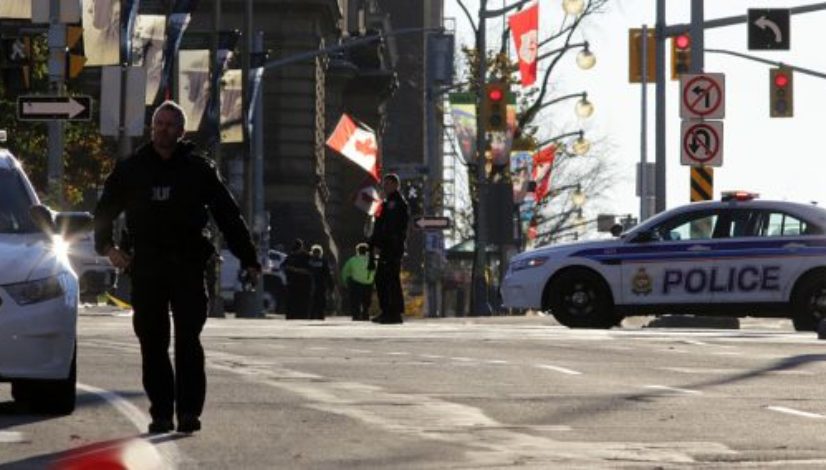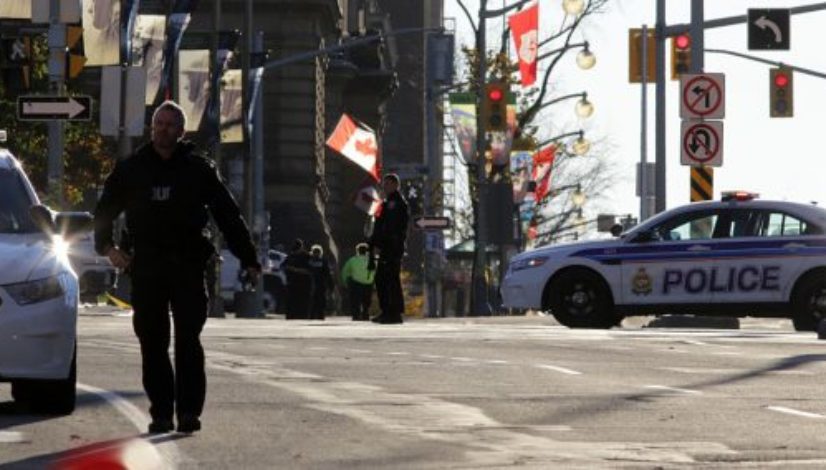Canada looks to spend $274M to bolster cannabis-related law enforcement

Published: Sep 8, 2017, 2:39 pm • Updated: Sep 8, 2017, 2:39 pm
By Alicia Wallace, The Cannabist Staff
Canada intends to commit upward of a quarter-billion dollars to deter drug-impaired driving and diversion in preparing for national cannabis legalization, the country’s public safety officials announced Friday.
Canada’s federal government plans to put about $274 million toward law enforcement and border efforts such as training, research and policy development, officials announced.
Related stories
- Readers respond to Denver Post series on driving high (4 letters)
- Op-ed: Cracking down on driving high isn’t about prohibition, but adapting public policy
- Is it safer to drive high than drunk? Efforts to curtail marijuana-impaired driving collide with attitudes, medicinal use
- In Colorado’s words: How the state is prioritizing marijuana issues
- Traffic fatalities linked to marijuana are up sharply in Colorado. Is legalization to blame?
Of that $274 million, $161 million would be used for training officers on identifying signs of impairment, increasing access to drug-screening devices, raising public awareness and hiring additional enforcement officials.
The remaining $113 million would be doled out over a five-year period to Public Safety Canada, the Royal Canadian Mounted Police and the Canada Border Services Agency to “develop policy, ensure organized crime does not infiltrate the legalized system and keep cannabis from crossing our borders,” officials said.
“I have crossed our country discussing the legalization and regulation of cannabis with various stakeholders, including municipal and police officials,” Bill Blair, parliamentary secretary to the Minister of Justice and attorney general of Canada, said in a statement. “They made it clear to me that they need more resources for training, tools and technology to make our roads and highways safer from the scourge of impaired driving. Today’s announcement is proof that our government has listened.”
The financial commitment, which would need parliamentary approval, comes as part of the government’s efforts for a “zero tolerance” approach for those driving under the influence of cannabis, officials said.
Topics: Canada, canada marijuana legalization, driving high, DUI, DUI device, saliva device, US-Canada border  Alicia Wallace
Alicia Wallace
Alicia Wallace joined The Cannabist in July 2016, covering national marijuana policy and business. In her 14 years as a business news reporter, her coverage has spanned topics such as the economy, natural foods, airlines, biotech, retail,…




